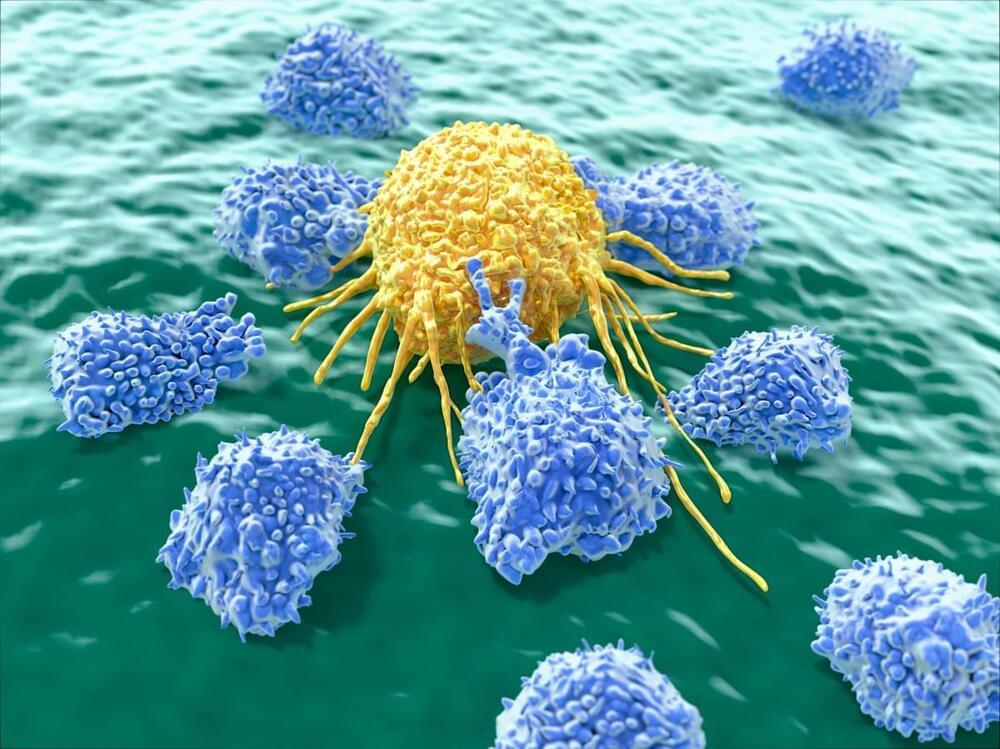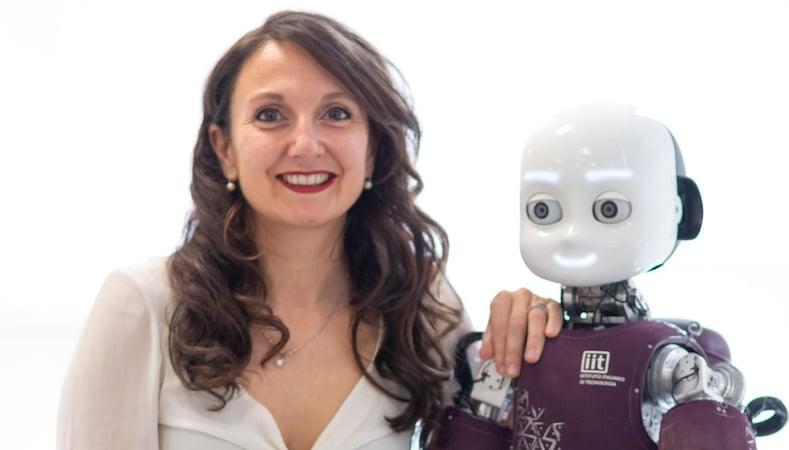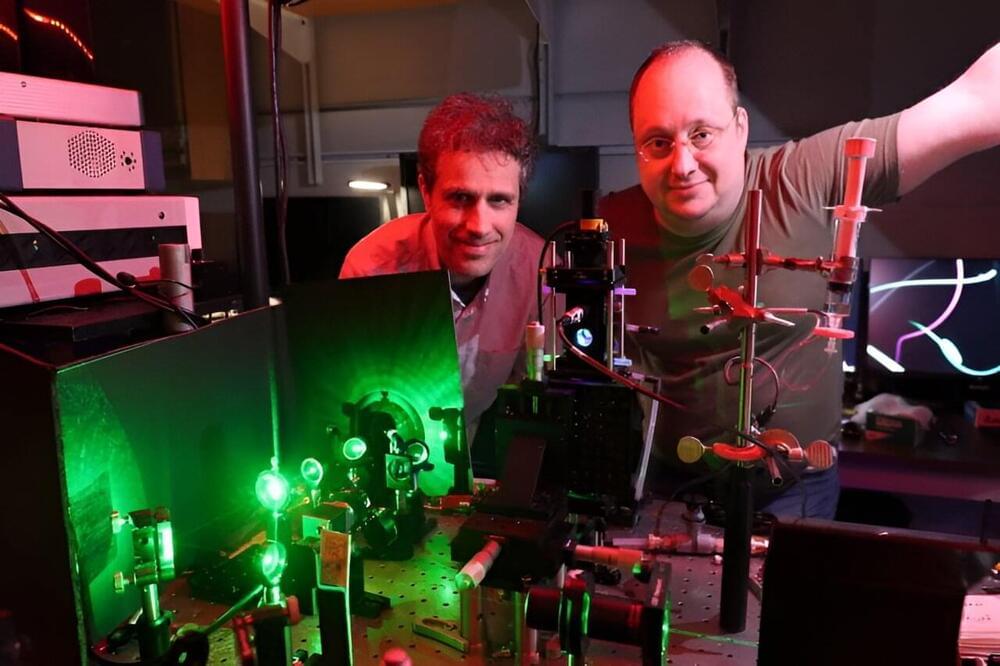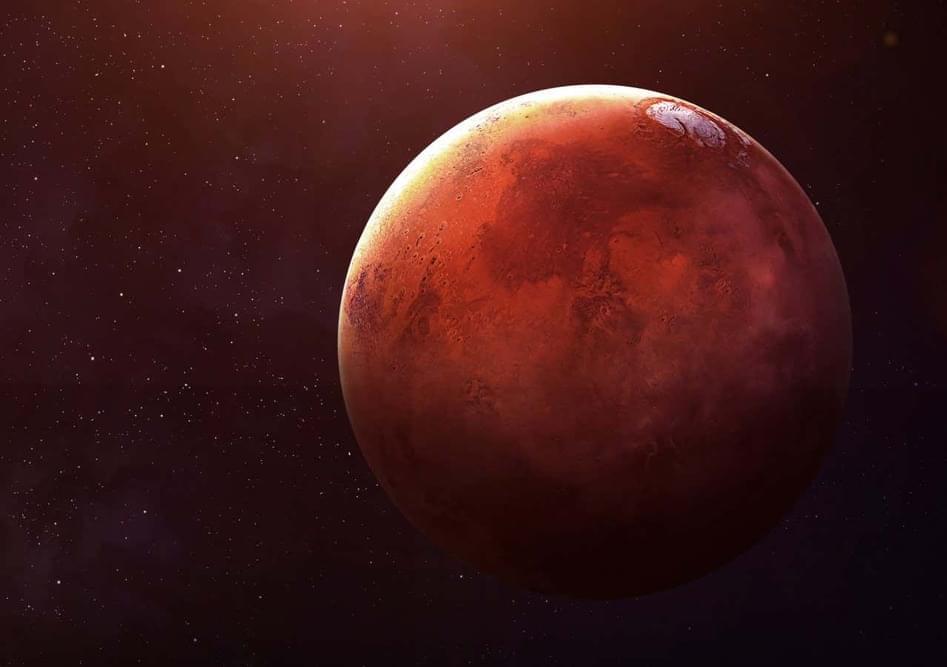Simulated effects of microgravity significantly affect rhythmicity and sleep in humans, a new study from the University of Surrey finds. Such disturbances could negatively affect the physiology and performance of astronauts in space.






Some people, like Sam Harris, say that science has values of its own. According to him, even a statement like “Water is two parts hydrogen and one part oxygen” is value-laden. But I don’t think that it is value-laden, it is simply a factual statement. Perhaps demonstrating that statement to be true requires values, but that statement by itself is true whatever your values are. So, then, what have professional philosophers (besides Sam Harris) written or said about this matter, of whether science is value-free, and also whether even basic scientific statements are value-free?

For our final feature celebrating Women’s History Month, we interviewed Chiara Bartolozzi, a senior researcher moving the needle in neuromorphic engineering.
Every year for Women’s History Month, All About Circuits spotlights the contributions of distinguished women engineers worldwide. For this article, we interviewed Chiara Bartolozzi, a senior researcher and neuromorphic chip expert at the Italian Institute of Technology (IIT).
Since earning a degree in engineering from the University of Genova and a Ph.D. in neuroinformatics from ETH Zurich, Bartolozzi has led important research in neuromorphic engineering. She also helped design iCub, a toddler-sized humanoid robot developed at IIT that serves as a robotics testbed worldwide.



The Red Planet launches large bursts of plasma into space from its upper atmosphere, much like the sun’s coronal mass ejections, despite not having a global magnetic field.
By Alex Wilkins